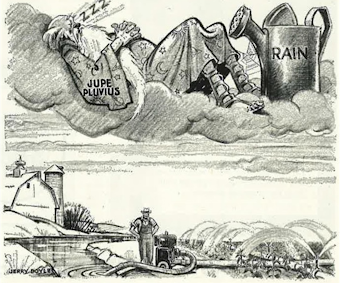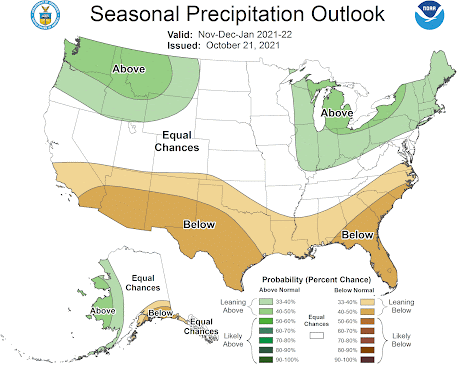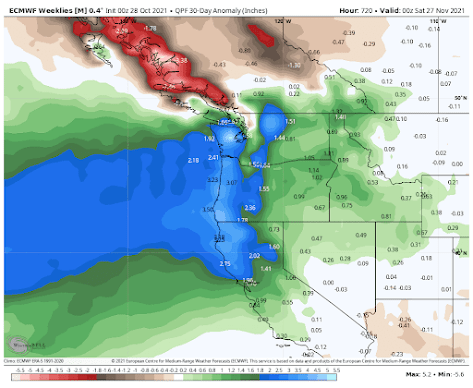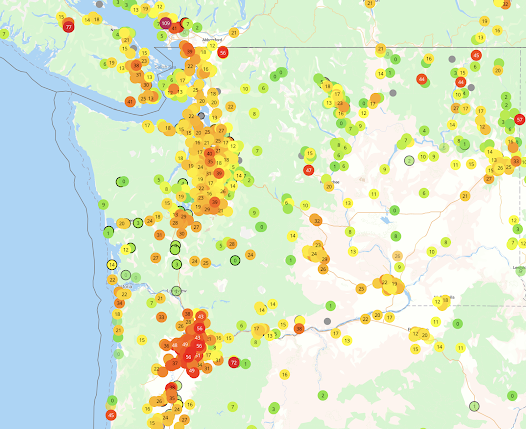Pluvius Jupiter Reigns over the Northwest
The ancient Romans believed that rainfall was controlled by the great god Jupiter....or to be more exact, one of the aspects of the deity, Jupiter Pluvius.
Even in modern times, some folks would suggest that drought was associated with sleeping god:Jupiter Pluvius appears to have taken up resident over our region....and is not leaving very soon.
Over the last two months, much of the Northwest and northern California has had above normal precipitation (see map below, greens, blues, purple), with large portions of central/northern California receiving more than 400% of normal precipitation.
Jupiter's bounty has ended the fire season in much of the western U.S., restored soil moisture, and began the processes of refilling the region's reservoirs.
And Jupiter was thoughtful of the other gods, allowing near-perfect conditions for Halloween.But Jupiter's intent is clear: this is going to be a wet autumn...and that is of particularly importance with a La Nina winter ahead, which generally brings excessive rainfall over the Northwest.
The NOAA Climate Prediction Center is going for wetter than normal conditions for the next 8-14 days:
The three-month seasonal precipitation forecast through the end of January?
You guessed it, wetter than normal. Trust me, you don't want to see the extended forecast after that. (Hint: slugs will be very happy)
The latest extended forecast through the end of November by the European Center is much wetter than normal for Washington through northern California, with an infernal plume of water (blue of course), coming off the Pacific.
Here in western Washington, we will be dry through roughly 2 PM tomorrow, followed by a wet front, with the UW forecast model showing large amounts of rain through next Saturday morning:
I just purchased some nice rain pants from REI to make my bicycle commuting to the UW less soggy. And yes, make sure you have a good weather radar app for your smartphone, which allows you to spot the relatively drier intervals during the moist months ahead.











Comments
Post a Comment